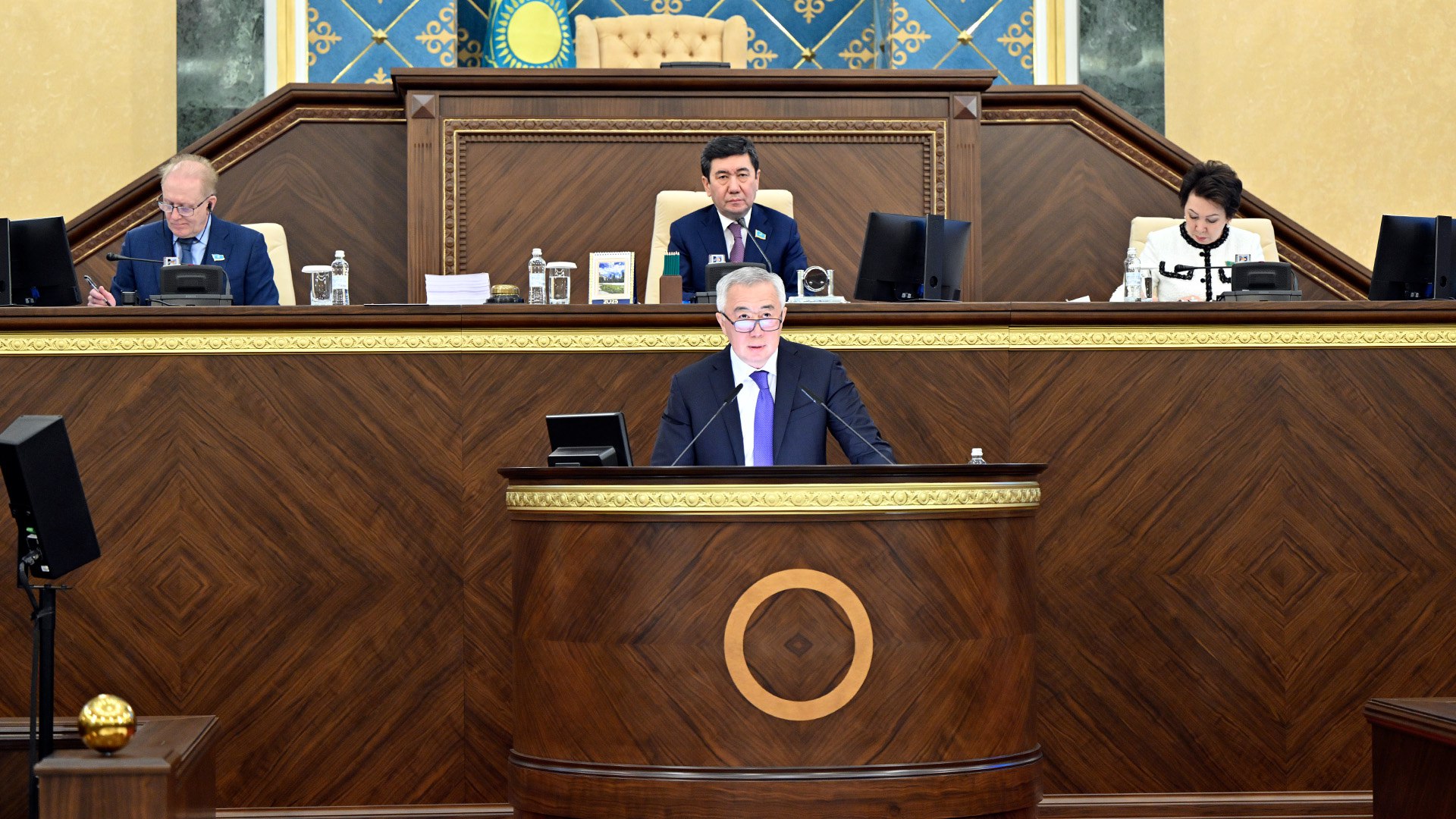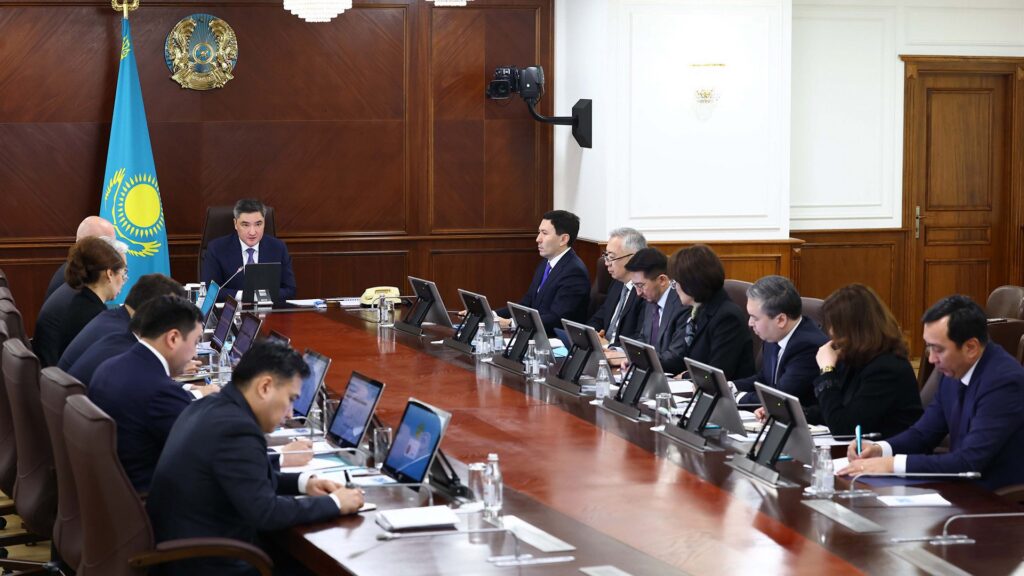Kazakhstan’s tax reform has reached a critical juncture. This week, the Mazhilis, the lower house of parliament, approved the draft of the new Tax Code in its first reading. The sweeping document, comprising 822 articles, proposes the repeal of the current Tax Code along with the accompanying implementation law.
While the reform fulfils directives issued by President Kassym-Jomart Tokayev in his 2022 and 2023 state-of-the-nation addresses, skepticism abounds. Experts and business leaders have voiced concerns, and lawmakers themselves have offered mixed reviews, with many adopting a critical stance.
Concerns About Scope and Timing
Though tax professionals broadly agree on the need for tax reform, some warn that the current version may be the most stringent in over two decades. Critics argue that without addressing structural inefficiencies in government spending, raising taxes alone will not yield the desired outcomes. They emphasize the need for a balanced approach that supports both fiscal sustainability and economic resilience.
Adding to the unease is the timing. Kazakhstan, like many economies, faces mounting global pressures. The threat of a financial downturn, exacerbated by falling energy prices and international tariff disputes, has prompted urgent consultations at the highest level. Tokayev recently convened a closed-door meeting with the prime minister and the head of the National Bank, instructing them to finalize a government action plan to mitigate potential economic fallout and maintain investment flows.
A Mixed Bag of Reactions
Some analysts acknowledge that the existing Tax Code, adopted in 2008, is outdated. They argue that reforms are essential to address digitalization, evolving business models, and new global challenges. Calls for improved tax administration, especially the simplification of procedures and adoption of risk-based oversight, aim to ease pressure on law-abiding businesses while better targeting the informal sector.
The draft law also seeks to limit inefficient tax exemptions and make incentives more focused and transparent. These changes are framed as part of Tokayev’s broader economic transformation agenda, which prioritizes fair taxation, industrial processing, and innovation.
Nonetheless, many entrepreneurs remain uneasy. Economic instability, lingering post-pandemic effects, geopolitical risks, and sanctions-related supply disruptions have left businesses vulnerable. Critics worry that introducing a more demanding tax regime now may fuel uncertainty and discourage investment.
Additional concerns center on governance. Persistent issues of corruption, selective enforcement, and administrative overreach have eroded public trust. Without parallel reforms in public administration, experts argue that changes to tax policy alone may fall short.
Divided Political Reception
The draft Tax Code’s passage through its first reading does not guarantee smooth sailing. Even the ruling Amanat party, while supporting the bill, has voiced reservations. Its members have called for safeguarding small and medium-sized enterprises and enhancing investment incentives.
The opposition Ak Zhol party has been the most vocal critic. Its leader, Azat Peruashev, characterized the proposal as a fiscal crackdown rather than genuine reform. The faction demands greater transparency, public consultations, and a reconsideration of proposed VAT hikes and lower registration thresholds.
Meanwhile, the pro-business Respublica party supports the reform in principle but insists on greater simplification in business-tax authority interactions. The party advocates for the expanded use of digital tools, analytics, and a personalized approach to taxation.
An Uncertain Path Forward
The upcoming parliamentary hearings on the reform are expected to be contentious. While the Mazhilis has given preliminary approval, the Senate may take a different view and could demand revisions. Yet the biggest challenge may come after the law is passed, communicating the changes to the broader public.
For ordinary citizens, many of whom are disconnected from the technicalities of legislative debate, a rise in taxes could be perceived as an unwelcome surprise. Whether this reform delivers the intended benefits or stokes further discontent will depend largely on how it is implemented and whether the government can build trust in the system it is reshaping.









